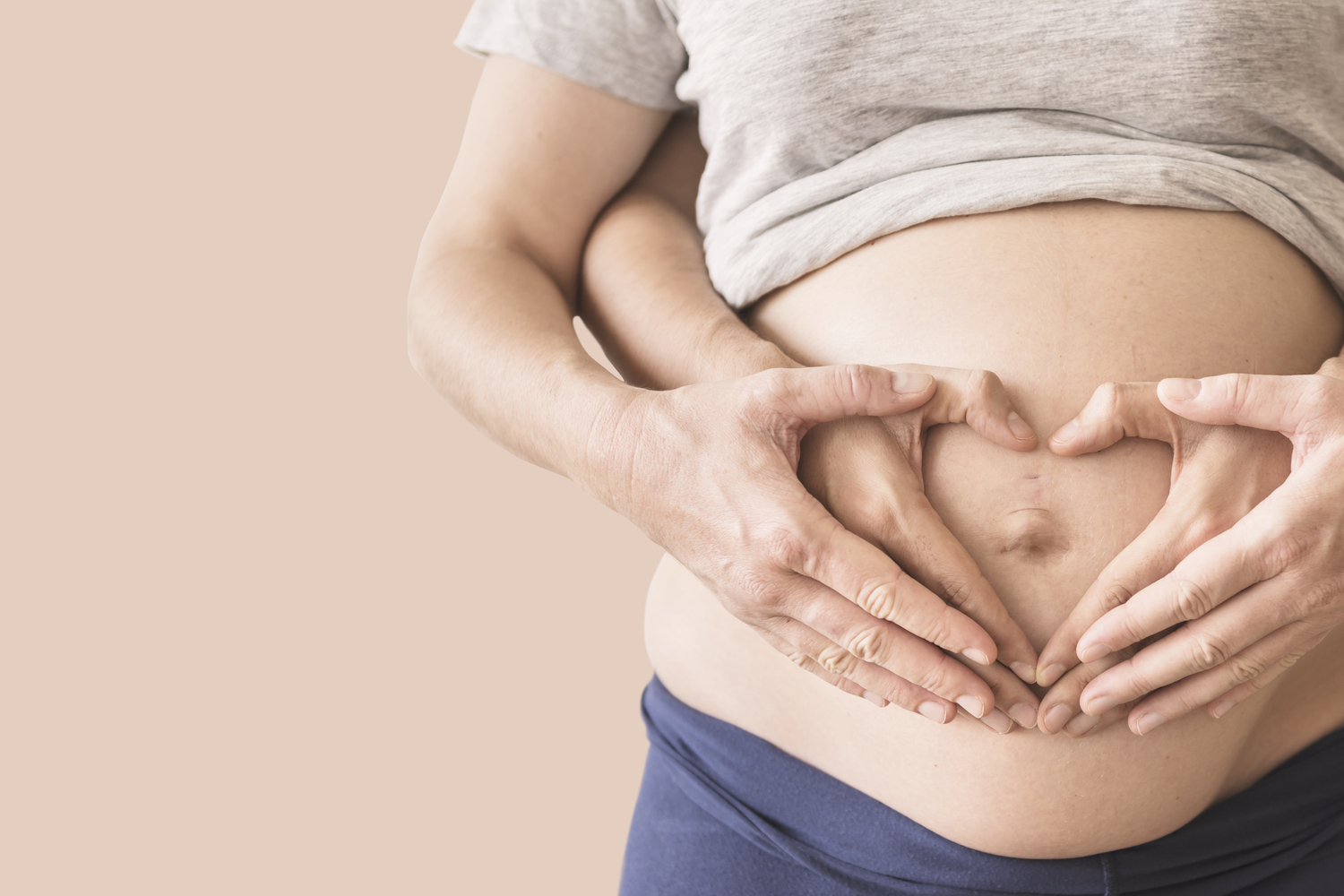Dehydration in a pregnant woman may cause anything from headaches and low blood pressure to decreased breast milk supply once the baby is delivered. It is a fact that dehydration is an issue at any time, but it is more dangerous during pregnancy. Not only do you need more water than normal when pregnant, but your baby does as well. Water is required for the fetus's good growth and survival. Pregnancy exerts additional demands on the mother's diet and drinking habits. This condition is linked to greater stress on a woman's body.
Causes of Dehydration During Pregnancy
The body needs extra water during pregnancy. Dehydration may be caused by a lack of water. The following are the most common causes of dehydration during pregnancy:
- Nausea
- Vomit
- Diarrhea
- Exercise, particularly during the summer
- sweating becomes more intense
- Weather is hot
- Intake of water is insufficient
- Dehydration may also be caused by an infection that is accompanied by a fever at this time.
Dehydration Symptoms in Pregnancy
Feeling dehydrated in pregnancy is something that should never be taken lightly. When the body is dehydrated, it manifests itself in various ways. Symptoms of dehydration during pregnancy include:
- Headache
- constipation
- Dizziness
- Dry mouth
- thirsty sensation
- Drowsiness
Severe dehydration may manifest itself in the following ways
- Urine that is very dark
- weakness
- urinary deficiency
- a strong desire
- Irritability and perplexity
- blood pressure is low
- Breathing and heartbeat are both racings
- Eyes that have sunk.
If you're experiencing these symptoms, drink plenty of water and get plenty of rest. Make sure you book an appointment with the doctor who is monitoring your pregnancy.

What Happens If You're Pregnant and Dehydrated?
Both the mother and the fetus are at risk of severe dehydration. Dehydration is one of the causes of a reduction in amniotic fluid, which impairs the fetus's growth and may lead to premature labor. Dehydration may have major implications and difficulties during pregnancy, including:
- Malformation of the neural tube
- Low levels of amniotic fluid
- Birth before the due date
- Breast milk output is insufficient.
- A child's birth deformities
- Short-term uterine cramps
As a result, a pregnant woman should be aware of the signs and symptoms of dehydration and begin drinking extra water as soon as she notices one or more of them.
How Can I Hydrate Myself Fast While Pregnant?
Dehydration occurs when your body loses more water than it can restore. Consequently, your body may find it difficult to carry out its usual duties. You will get dehydrated if you do not restore the lost fluids. The best ways to keep yourself hydrated include:
- Eat more vegetables and fruits that contain a lot of water: watermelon, melon, pear, strawberry, orange, zucchini, cucumber, etc.
- Stay away from sugary beverages.
- Consume Caffeinated Foods in Moderate Amounts
- Keep a bottle of water handy.
- Drink water as soon as you wake up and throughout the day.
- Don't Wait Until You're Thirsty
- Cook more liquid foods (cold soups, liquid sauces, fruit juices, fruit drinks).
- Take into account all of the fluids you consume during the day. We want you to drink clean, safe water that benefits your health!
How to Avoid Dehydration While Pregnant?
Dehydration during pregnancy should not be a concern if the drinking schedule is followed. As a result, the best strategy to prevent dehydration is to eat well and drink enough clean water. Some rules to follow include:
- During the day, a pregnant woman should drink at least 12 glasses of water.
- If you have indigestion, drink water between meals rather than with them since this might interfere with regular stomach activity.
- When you don't feel ill, drink lots of water if you experience morning sickness that leads to vomiting. Consult your doctor if you are experiencing severe morning sickness that is accompanied by severe vomiting.
- Caffeine might cause excessive urination, so avoid it. Water is best, but milk, natural fruit juices, and thin soup are all good options.
- Overheating and any behaviors that might contribute to it and induce dehydration must be avoided. While being outside is beneficial, extended exposure to the sun, particularly in dry and hot weather, should be avoided.

Importance of Drinking Water During Pregnancy
Water is required to properly function all of our body's organs. An adequate quantity of water is particularly vital for a pregnant woman since it has a direct impact on the fetus's growth as well as the pregnant woman's physiological functions. Water is required during pregnancy for the following reasons:
- Normal lymphatic and blood flow
- Functions of the brain
- Protection and management of all organs' functions
- Regulating body temperature
- Compounds for lubrication and aromatization
- Intestinal and genitourinary system regulation
- Nutrient transport
- The body's waste materials are removed
One or more biological processes will not operate efficiently if a pregnant woman is dehydrated.
When there isn't enough water in the body during pregnancy, detoxification, or the removal of metabolic products, is one of the first activities to suffer.
Dehydration may strike anybody at any time. Pregnant women, on the other hand, are at a higher risk. During this time, it's extremely important to keep an eye on your drinking habits. When you leave home, always remember to bring a bottle of clean water with you. Then you'll be spared the issue of dehydration and all its unpleasant repercussions. The vivoo wellness app makes it easy for pregnant women to monitor their water intake and levels of other key parameters. Keeping yourself healthy is the number one priority.













